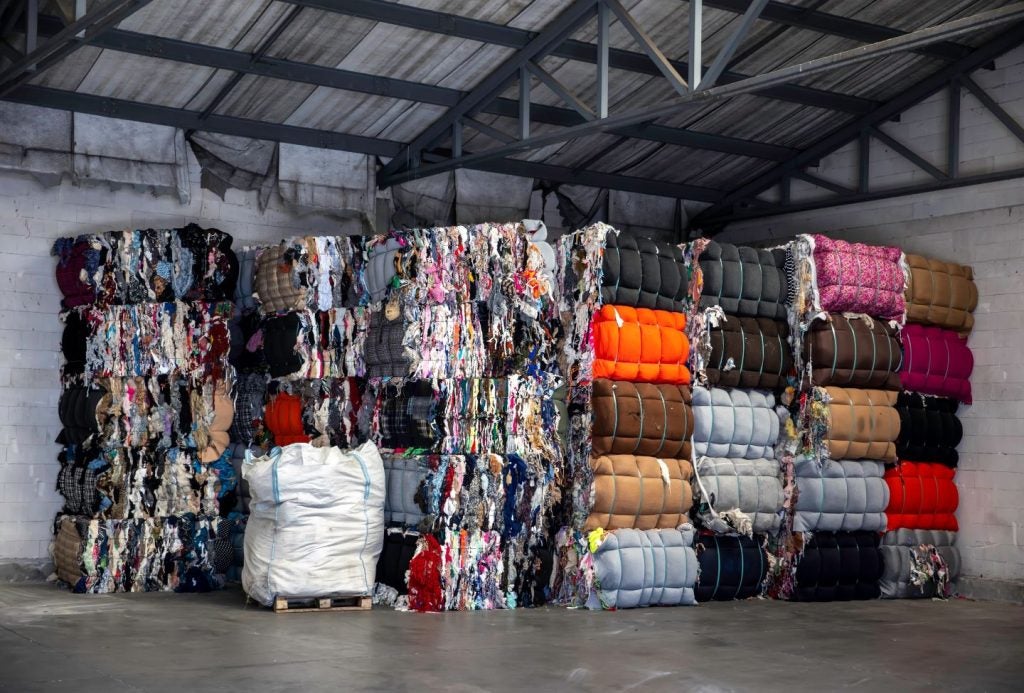According to the Mitumba Consortium Association of Kenya (MCAK) over 95% of imported secondhand clothes are not waste, yet operators face punitive taxes and regulations that threaten their decades of sustainable practices.
MCAK chairperson Teresia Wairimu Njenga says 2024 has marked its “most successful and global advocacy campaign ever” but calls for global reuse and recyclers to unite in the face of extreme challenges ahead.
Across 2024, chairperson Njenga travelled across the EU, to the UK, Ghana, and to the US, making representations on behalf of the trade. Njenja said each meeting revealed the same from textile collectors, sorters, upcyclers and recyclers: that they are facing additional cost and regulation, threatening their financial viability and their competitiveness against fast fashion. The EU is currently leading the way in designing policies that will affect the international supply chains, setting a precedent that will be followed around the world. These policies will ultimately have an impact on livelihoods in the global south, including in Kenya with 2m traders and 6.2m households who buy secondhand clothes on a regular basis and must be informed by rigorous research and data.
MCAK, alongside international partners, has supported or endorsed multiple academic studies from Ghana, Kenya, and Uganda which conclude that less than 5% of secondhand clothing imports are waste, debunking the widely cited but flawed 40% import waste figure.
MCAK calls again on policy makers to use robust data and research to inform their decision making rather than relying on poorly researched and inaccurate campaign and advocacy material.
Such misinformation, which incorrectly diagnoses the importation of secondhand clothes as the main driver of waste management failures, has been deeply damaging to the secondhand trade.
MCAK and others continue to call upon policy makers to focus policy solutions and investment on the broader issues of localised waste management and recycling and the increasing overproduction of fast fashion across the globe.
Njenga said: “Secondhand clothes are part of the solution to textile overproduction, not the problem — they exemplify the circular economy and are vital to Kenya and other nations like Ghana. Studies show over 95% of imported secondhand clothes are not waste, yet operators face punitive taxes and regulations that threaten their decades of sustainable practices.
“Policymakers must support reuse, collection, sorting, upcycling, and recycling, targeting new clothing producers instead of circular economy operators, especially with the EU's mandatory textile collection starting in 2025. They must not fall foul of misinformation funded by those who would benefit from the collapse of this trade: fast fashion.
“By allowing the demonisation of our trade, for second-hand to be presented as the villain, some policymakers risk pouring petrol on the fire of global textile pollution.”









